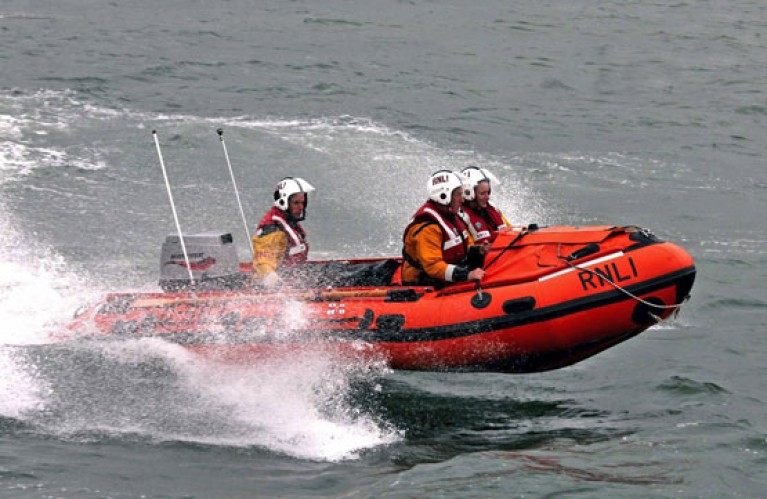Views: 101 Author: Site Editor Publish Time: 2019-07-04 Origin: Site
Overheating is a common problem amongst marine engines, reasons behind overheating in outboard motors listed as below.
Outboard motors rely on a continuous amount of water flowing through the engine to keep cool. When there is not enough water going through the engine, overheating occurs. To fix this, turn the engine off and check if there is any blockage in water flow. This can be due to foreign objects like weeds blocking the water intake. Try running the engine again after it has cooled down.
Most overheating problems can be attributed to the water pump. Water pump helps water to move into the cooling system of the motor and thereby, the water circulates into the power head and then goes out via exhaust system. If outboard water pump does not work effectively then water movements become difficult causing overhearing in the motor.
Low and-or contaminated lower gear case oil will cause an overheating problem. If the gear case oil level measures below specifications, it can cause inadequate lubrication to the transmission drive gears, which will raise the temperature of the lower unit and transmit the heat through the engine case. Water that has contaminated the gear case oil because of ruptured seals or gaskets will breakdown the viscosity of the oil, keeping it from lubricating the parts. Improper lubrication produces friction, which produces excess heat.

Outside ambient air temperatures that exceed triple digits will cause an elevation of overall outboard engine heating, especially under dry humidity conditions. Combined with running the engine at full throttle for prolonged periods, the engine suffers more load on all the major engine components, like the crankshaft bearings, cam, valve guides, pistons, rings and rod bearings. Constant full-throttle operation on very hot days, should be avoided, especially if towing skiers or carrying heavy passenger loads.
A blown head gasket in an inboard-outboard engine will cause water to enter the combustion chamber and be discharged out of the exhaust. The loss of cooling water that would normally circulate throughout the engine becomes reduced, overheating the affected cylinders. Blown head gaskets require major engine repair and expense.
Installing a spark plug that has the incorrect thread length into a marine engine head can cause a run-away pre-igntion problem. Spark plug threads that extend into the combustion chamber can accumulate heavy carbon deposits, which continue to burn past the combustion cycle. As a result, the plug electrode overheats and causes higher than normal combustion temperature.
And if outboard engine overheating occurs, it will bring below hazard:
1. The inflation coefficient leads to pre-ignition and deflagration ;
2. Overheating caused the mechanical properties of the material deformation and cracking;
3. Destroy the movement gap, resulting in frictional resistance, especially between the piston ring and the cylinder wall. In severe cases, ablation and jamming may occur, causing the engine to stop pulling.
4. If the temperature is too high, the lubricating oil will deteriorate. The friction will be further intensified. The outboard engine's power’s reliability and durability may be completely destroyed.